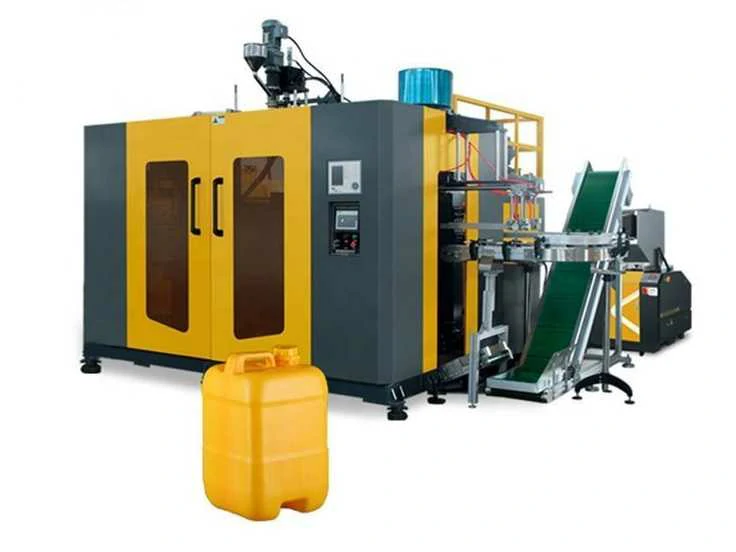Precision measurement and calibration technology play a crucial role in the field of Computer Numerical Control (CNC) machining. CNC machining has revolutionized the manufacturing industry by automating the production process, allowing for higher accuracy and efficiency. However, to achieve optimal performance, it is essential to ensure that the CNC machines are accurately calibrated and the measurements taken during the machining process are precise. In this article, we will explore the importance of precision measurement and calibration technology in CNC machining.

Precision measurement refers to the process of obtaining accurate and reliable measurements of various parameters such as dimensions, angles, and surface finishes. In CNC machining, precise measurements are essential for verifying the accuracy of the machined parts and ensuring that they meet the required specifications. Any deviation from the desired measurements can lead to defective parts and compromise the overall quality of the final product.
One of the key challenges in precision measurement is the selection and use of appropriate measuring instruments. electric pipe bender There are a wide variety of instruments available, ranging from simple calipers and micrometers to advanced coordinate measuring machines (CMMs) and laser scanners. Each instrument has its own specific application and level of accuracy. It is important for CNC machinists to have a good understanding of these instruments and their limitations to select the most suitable one for a particular measurement task.
Calibration, on the other hand, involves adjusting and verifying the accuracy of the measuring instruments. Over time, instruments can become worn or misaligned, leading to inaccurate measurements. Regular calibration ensures that the instruments are performing within acceptable tolerances and provides confidence in the accuracy of the measurements.
There are several calibration methods used in CNC machining, depending on the type of instrument and the measurement being performed. For example, when calibrating a CMM, a standard reference artifact with known dimensions is measured, and any discrepancies are adjusted to bring the machine back into alignment. Similarly, for handheld instruments like calipers and micrometers, calibration can be done using calibrated master gauges.
In addition to instrument calibration, CNC machines themselves need to be calibrated to ensure accurate positioning and movement. This is particularly important for multi-axis machines that require precise coordination between multiple moving parts. Calibration of CNC machines involves measuring the position and movement of each axis and adjusting any errors to achieve the desired accuracy.
The advancements in precision measurement and calibration technology have significantly enhanced the accuracy and reliability of CNC machining. For example, the integration of non-contact measurement techniques such as laser scanning and optical sensors has enabled faster and more accurate measurements of complex geometries. These techniques eliminate the need for physical contact with the part, reducing the risk of damage and improving measurement efficiency.
Furthermore, the development of advanced software algorithms has improved the accuracy of measurement data processing and analysis. These algorithms can compensate for various factors such as temperature variations, material properties, and machine dynamics, resulting in more precise measurements. They also allow for real-time monitoring and control of the machining process, enabling immediate adjustments if any deviations are detected.

In conclusion, precision measurement and calibration technology are crucial for ensuring the accuracy and quality of CNC machining. Precise measurements are essential for verifying the accuracy of the machined parts and ensuring they meet the required specifications. Calibration of both measuring instruments and CNC machines themselves is necessary to maintain accuracy over time. With advancements in technology, CNC machining continues to evolve, and precision measurement and calibration play a vital role in its continued success.

https://industrialtechpress.com/



